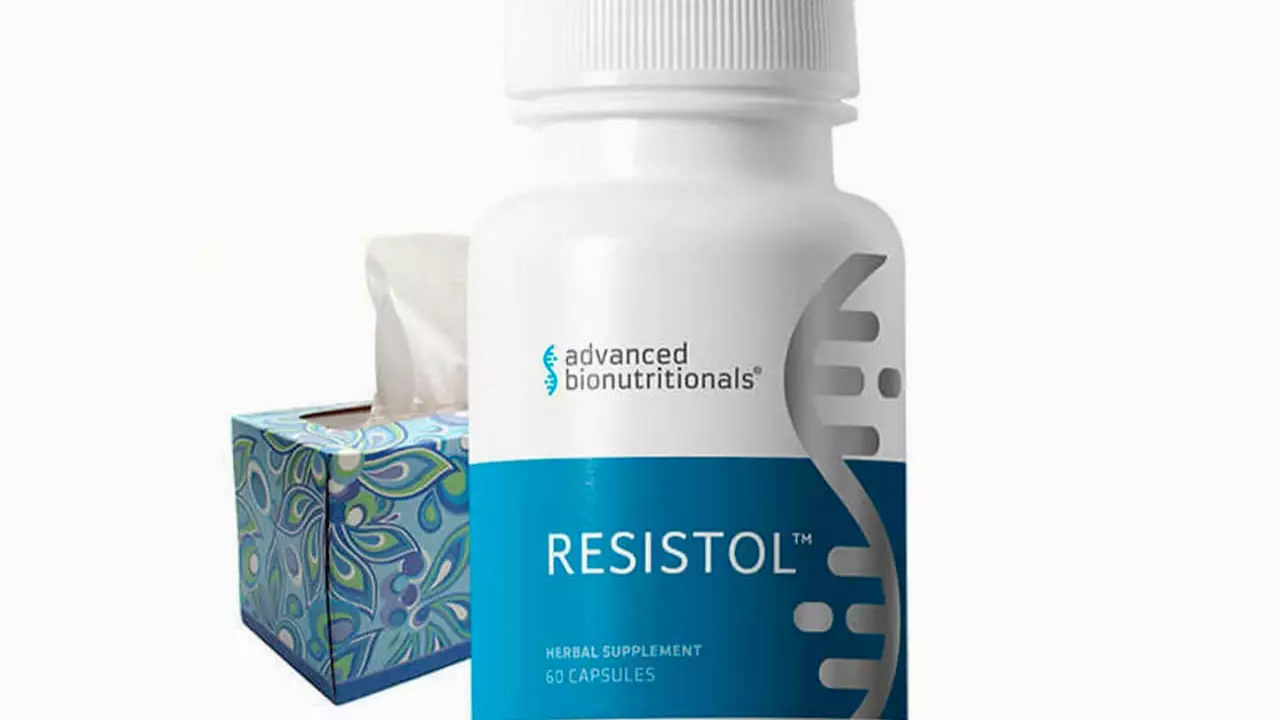Your immune system fights off bacteria, viruses, and other threats all day long. Want to give it real help without gimmicks? Here are straightforward, science-based habits that make a difference.
Sleep matters. Aim for 7–9 hours most nights. Poor sleep lowers immune response and makes colds and flu more likely. Make sleep consistent: same bedtime, dark room, and fewer screens before bed.
Eat real food. A balanced plate with protein, colorful vegetables, whole grains, and healthy fats gives your immune cells the fuel they need. Get vitamin C from citrus, bell peppers, and berries. Include zinc-rich foods like beans, nuts, and lean meat. These aren’t miracle cures, but they support normal immune function.
Move your body. Regular moderate exercise—walking, cycling, or a short workout most days—improves circulation and immune surveillance. Don’t overtrain. Intense, prolonged exercise without recovery can temporarily weaken defenses.
Manage stress. Chronic stress raises cortisol and can blunt immune responses. Try short daily practices that work for you: a 10-minute walk, breathing exercises, or a hobby that helps you switch off.
Hydrate and limit alcohol. Water keeps mucous membranes healthy; excessive alcohol weakens immune defenses. Smoking also damages lung defenses, so quitting helps immediately.
Practice simple hygiene. Washing hands, staying home when sick, and keeping vaccinations up to date are low-effort moves with big benefits—especially during flu season.
Some supplements can help, especially if you have a known deficiency. Vitamin D is commonly low and linked to immune function; a blood test can guide dosing. Zinc and vitamin C may shorten a cold when taken early. Probiotics can help gut health, which ties into immunity. Always talk to your healthcare provider before starting anything new—doses matter and interactions happen.
If you’re at higher risk (older age, chemotherapy, immune-suppressing meds, or chronic conditions), work with your doctor on a clear plan. That plan may include vaccines, prescription antivirals during flu outbreaks, or more frequent monitoring.
Know when to seek help: a high fever that won’t drop, breathing trouble, severe persistent symptoms, or sudden confusion need prompt medical attention. For routine questions—medication interactions, supplement safety, or vaccine timing—ask your clinician.
Want more on specific topics? Read our guides like "Best Over-the-Counter Tamiflu Alternatives" for flu treatment options and "Activated Charcoal Supplements" for what to watch out for with popular detox products. We also cover immune-related supplements like Laminaria in its own article.
Small, consistent steps beat dramatic one-off fixes. Improve sleep, eat nutrient-rich foods, move, manage stress, and keep up with basic prevention. That combo gives your immune system the best everyday support.

Pulmonary Tuberculosis (TB) and HIV are two serious health conditions that interact in complex ways. This article explores how HIV affects TB infection, the increased risks for individuals with HIV, symptoms, treatments, and strategies for prevention. Learn about the connections between these diseases to better understand their impacts and manage health effectively.

I recently discovered the incredible benefits of Dwarf Elder supplement for boosting our immune system and overall health. This natural remedy, derived from the Dwarf Elder plant, has been used for centuries to improve our body's defense mechanisms. By incorporating this supplement into my daily routine, I've noticed an increase in energy levels and a decrease in the frequency of common illnesses. I highly recommend giving Dwarf Elder supplement a try for anyone looking to enhance their well-being and lead a healthier lifestyle. Don't miss out on the chance to experience the powerful effects of this amazing supplement!